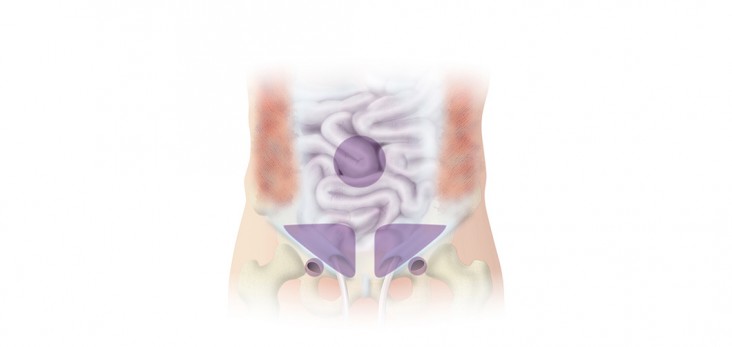Hernia is a protrusion of an internal structure of the body through a weak boundary in the surrounding muscle or tissue wall, usually occurring between chest and hips, giving rise to a small, often painless swelling or lump in the tummy or groin area.
Through this blog post you will find general information about causes of hernia and risk factors for development of hernia, for any doubt please visit General and laparoscopic surgeons who are hernia treatment specialist also.
Causes of Hernia:
A failed embryonic closure in male fetuses can result in the formation of an indirect inguinal hernia later in life. Prematurity is another identified cause for hernia formation due to the developmental issues of muscles and tissues of infants.
The commonest cause for hernia has identified to be a raised pressure inside the body together with a pre-existing weak area in the tissue or muscle wall, creating a potential site for a bulging out to take place.
Increased abdominal pressure can be a result of various external factors. Long-term activities like frequent heavy weight lifting associated with certain jobs, strenuous exercises and long hours of standing are among the commonest.
Weakened abdominal walls or tissues as a result of injuries to abdominal wall, sports, sudden movements and dislocations of discs can also give rise to hernia formation in certain individuals.
Other commonest risk factors associated with the development of hernias are as follows.
- Age – Commoner in adults, since advanced age can weaken connective tissues.
- Gender – Inguinal hernias are commoner in men, femoral hernias are commoner in women whereas umbilical hernias are commoner in women.
- Genetics – Individuals with a positive family history are more susceptible.
- Obesity – Over weight individuals, naturally present with an increased intra-abdominal pressure which will eventually push out the increased amount of fatty tissue content and organs through a weakened spot
- Ascites – Excessive formation of fluid inside the peritoneal cavity, occurring due to various medical conditions like chronic liver failure and tend to increase the intra-abdominal pressure, thus resulting in protrusion
- Cystic Fibrosis – Being a genetic condition associated with abnormalities in tissue formation and chronic cough can result in a combination of both fundamental factors, required for a bulging out to take place
- Chronic constipation – Long-term straining due to the difficulty in passing out dry faeces, can obviously cause a raised intra-abdominal pressure, where most of the affected individuals tend to develop hernias later in life
- Pregnancy – Increased pressure inside the abdomen due to a developing fetus, can also act as a cause for Hernia formation, in certain individuals.
- Surgery – Those who have undergone a previous abdominal surgery, have an increased potential to develop hernias due to a weakened abdominal wall
The most important point to keep in mind is that, those who are known to have a single or multiple risk factors, should seek medical advice from a hernia specialist to prevent from possible hernia development or other complications associated.








